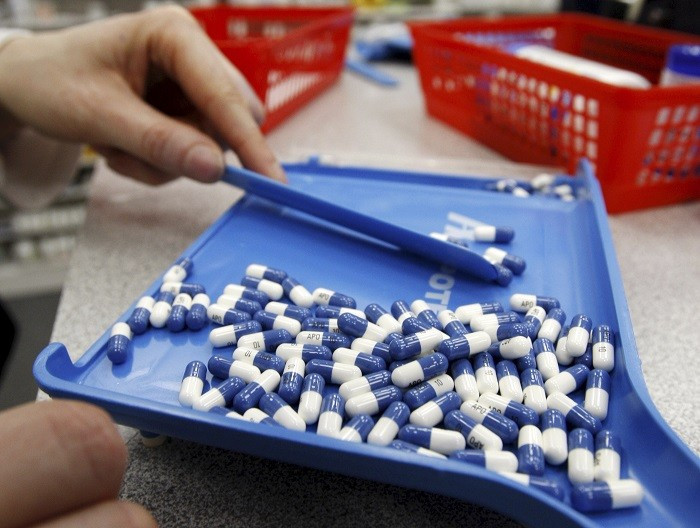Antibiotic Apocalypse: Scientists Take Step Forward in Fight Against Resistance

Researchers have taken a "step forward" in the fight against antibiotic resistance after discovering a mechanism that could prevent immunity.
Antibiotic resistance has been called one of the biggest challenges facing mankind in the future. Dame Sally Davies, chief medical officer for England, warned in 2013 of an "apocalypse scenario" as the pipeline of new drugs runs dry.
"It is clear that we might never see global warming. The apocalyptic scenario is that, if I need a new hip in 20 years, I'll die from a routine infection because we've run out of antibiotics," Davies said.
"It is very serious because we are not using our antibiotics effectively. There is a broken market model for making new antibiotics. It's an empty pipeline. As [infections] become resistant, there will not be any new antibiotics to come."
The development of antibiotics is one of the most important advances in the treatment of human disease but according to the Centres for Disease Control in the US, 23,000 people die every year because they are resistant to antibiotics.
Understanding how these elements work is a big leap forward.
Researchers at the Scripps Research Institute said they had discovered a mechanism of drug resistance - information that could have a huge impact on two antibiotic drugs being developed.
The team looked at a bacterium called Streptomyces platensis, which protects itself from other bacteria by secreting anti-bacterial substances. Streptomyces platensis is part of a family of antibiotic-producing bacteria.
The compounds secreted by the bacteria work by interfering with fatty acid synthesis, a process essential for the production of bacterial cell walls and, as a result, the existence of bacteria.
In Streptomyces platensis, two compounds - platensimycin and platencin – are responsible for the process. However, questions remain on why they kill other bacteria, but not Streptomyces platensis itself.
First author Tingting Huang said: "Knowing how these bacteria protect themselves, what the mechanisms of self-resistance of the bacteria are, is important because they could transfer that resistance to other bacteria."
Researchers found that a pair of genes in the bacteria exploited a pathway to simplify fatty acid biosynthesis, while also being insensitive to antibiotics.
Jeffery Rudolf, who worked on the study, said: "Understanding how these elements work is a big leap forward. Now these bacteria have shown us how other bacteria might use this resistance mechanism to bypass fatty acid biosynthesis inhibition."
Study leader Ben Shen added: "Now, because we know the resistance mechanism, we can design elements to minimize the emergence of resistance as these promising new drug candidates are developed."
© Copyright IBTimes 2025. All rights reserved.






















